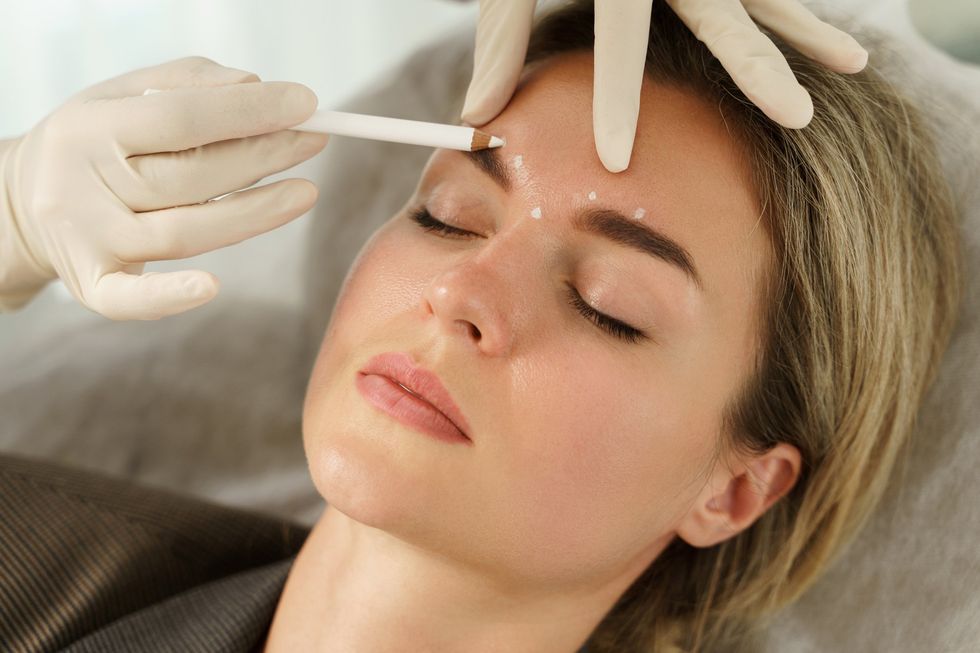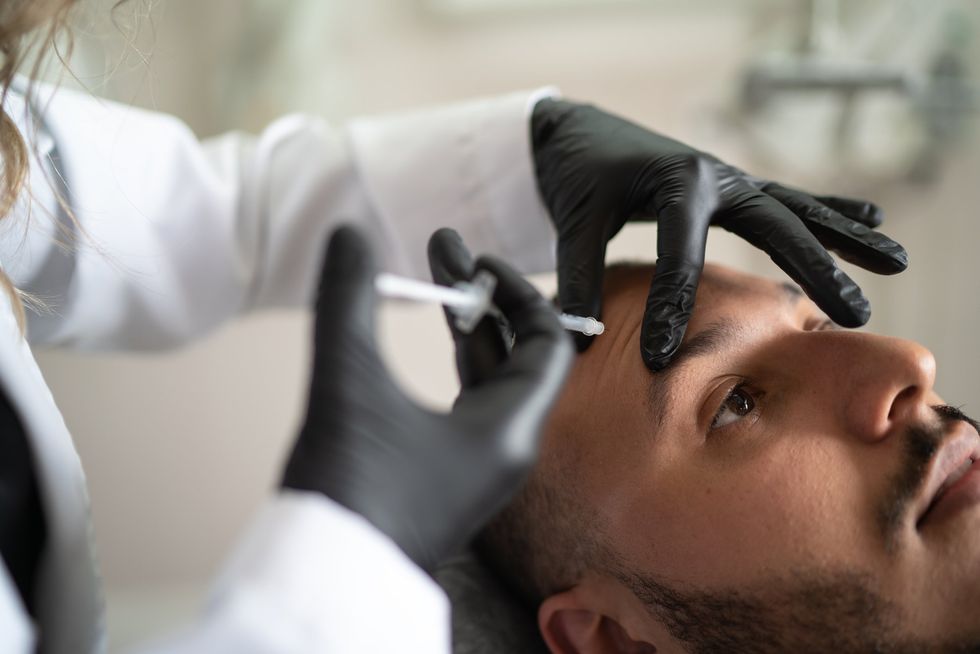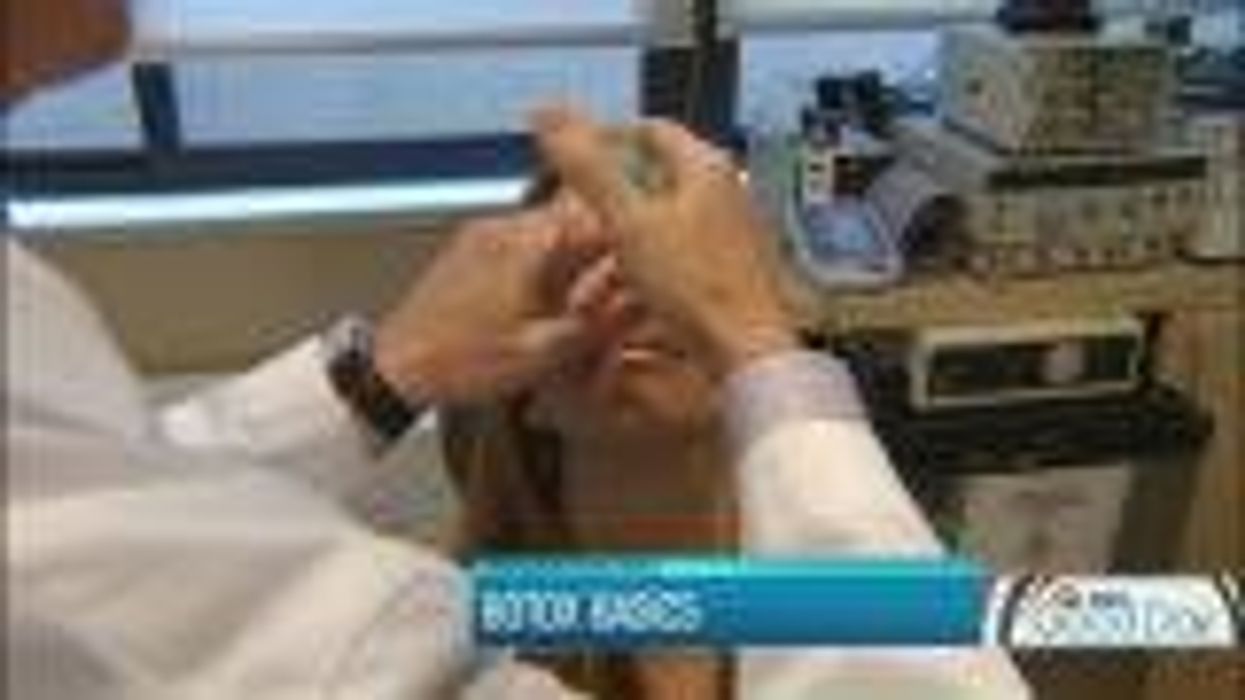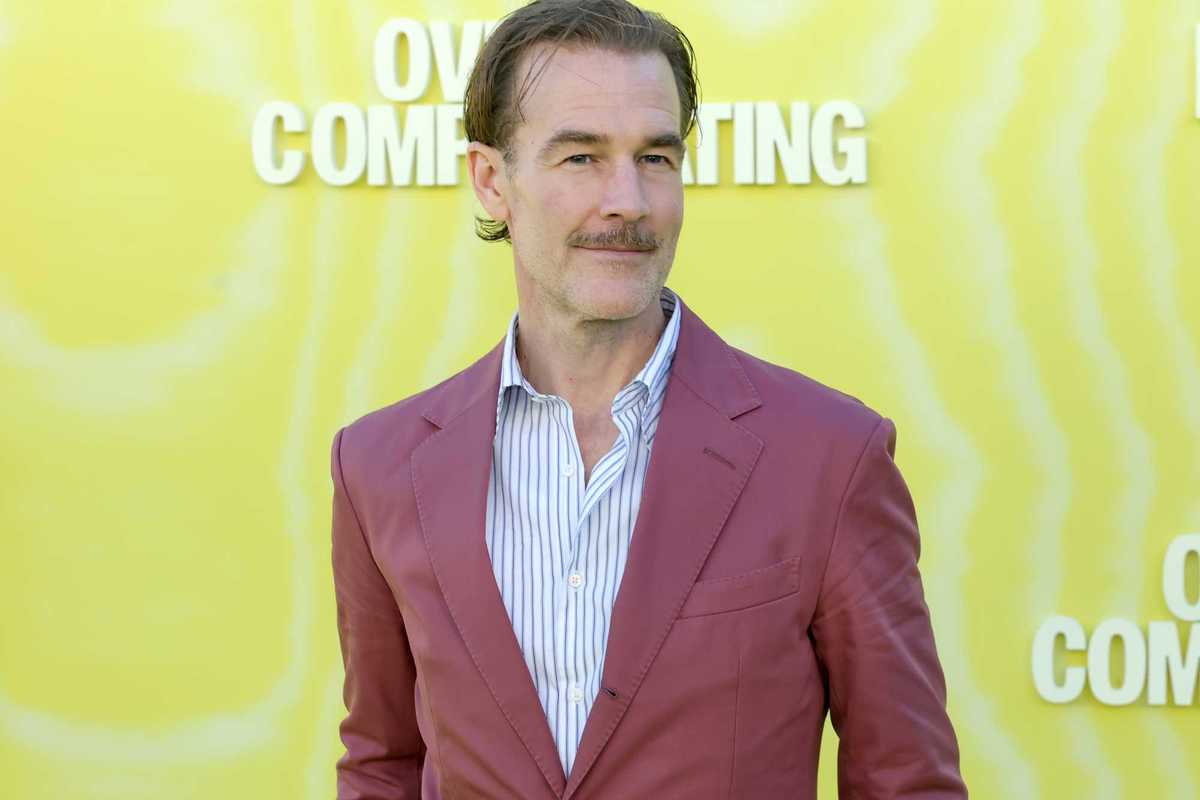Lifestyle
Becca Monaghan
May 14, 2023
Botox basics: The Skin Sisters answer your questions on how Botox works
content.jwplatform.com
Modern cosmetology has birthed an aesthetic boom, with 59 per cent of people comparing a 'tweakment' to having a manicure.
Fillers and Botox have become so mainstream and accessible that they've created a homogenised beauty ideal – or what some unlicensed practitioners have branded The Kylie Jenner Package.
The non-surgical market is worth an estimated £3.6 billion in the UK alone. And while non-invasive procedures can be revolutionary in the right hands and generally considered safe, poorly administered beauty treatments can result in botched jobs and serious complications. Recently, model Ashten Gourkani died after receiving buttocks injections from an 'unlicensed' practitioner.
Fillers should not be treated as a trend or trusted at such low prices. On average, a syringe of high-quality filler can cost a practitioner hundreds, which poses the question of how some can charge as low as £99 ($125) for a 1ml lip procedure.
"Fillers are extremely dangerous if the source is unknown or a cheaper product is used, which is usually the case," Dr Sherif Abbas BEng (Hons) DDS MFDS RCPS (Glasgow) PgCert Expert witness MSc Oral Surg MSc Rest Dent (London), told Indy100.
"The content of this filler may be unknown, which could increase the risk of failure and infection, affect longevity, and lead to undesirable outcomes for the patient."
Sign up for our free Indy100 weekly newsletter

As it stands, anyone can administer fillers after undergoing a brief course. As filler is not considered a medical product, it remains unregulated. Botox, however, is prescription only and is regulated. Nevertheless, unlicensed practitioners still manage to get their hands on it.
Dr Sherif, who spent years of undergraduate training to master anatomy, physiology and drug interaction before training with Harley Street aestheticians, believes it is "highly doubtful" that such courses make it possible for a non-medical person to "truly demonstrate their competency in anatomy and physiology."
A medical practitioner will have the required knowledge to tackle a complication should it arise.
As the face is a complex anatomical structure, practitioners must pay special attention when injecting. This includes intrinsic details such as where they are injecting, the positioning, the depth and the direction of the needle.
In extremely rare cases, 98 reports of blindness have been reported, as per the scientific paper by Walker et al. 2018. While it did not disclose whether a medical or non-medical practitioner caused them, Dr Sherif believes it demonstrates how "dangerous" filler work can be.

That said, it's also equally important to understand the client's needs and motivations – especially given the spike in body dysmorphia and mental health issues among young people.
Intensified social media exposure, editing apps, celebrity culture and the media have forced many to believe they need to "fix" something that isn't broken. And while some unregulated practitioners may blissfully agree with the client's proposed treatment, it simply isn't the case for most medical personnel.
"Everyone now is demanding the perfect look, a lot of people are dissatisfied with their appearance and want to change something about them," Dr Sherif said, explaining that some people simply do not require the procedure. "I am all for change, but it has to be for the right reasons."
Subsequently, it has become mandatory to carry out "a psychological assessment and mental capacity of the patient to consent to treatment."
Such consultations can last up to an hour to thoroughly understand the client's motivating factors behind the treatment.
"The patient’s best interest is always at the forefront of a medical practitioner's mind – above any financial or marketing gain," he continues. "It is not a one size fits all. Every treatment must be individually tailored to the patient’s needs and concerns, avoiding over-treatment and ensuring the proposed treatment matches the patient’s individuality, age, and facial characteristics."
Now, aesthetics accounts for 50 per cent of Dr Sherif's practice alongside cosmetic dentistry and implants, with work across clinics in central London, Leeds and his own clinic in the heart of Manchester, Pro Hygienist.
For Dr Sherif, it is crucial for anyone considering filler work to consider the following:
- Whether the practitioner is medically qualified
- Building a rapport and trust with the person who will be injecting you while being mindful that cost is not a true reflection of their skills and abilities
- Always attend a consultation to ask as many questions and to understand the procedure
It comes after the government started its cosmetic crackdown and banned under-18s from getting injectables in 2021.
They then introduced an amendment to the Health and Care Act 2022 last year, which enables the Health and Social Care Secretary to implement a national licensing scheme for non-surgical cosmetic procedures across England.
The scheme will make it an offence for unlicensed practitioners to perform procedures that can potentially cause injury or harm. Specific treatments will be subject to licensing following consultations with stakeholders and the public.
A Department for Health and Social Care spokesperson said: "Anyone considering a cosmetic procedure should reflect fully on the possible impact of the procedure on both their physical and mental health, and if they decide to go ahead, take the time to find a reputable, insured and qualified practitioner.
"We have already made it illegal for under-18s to access Botox and filler treatments for cosmetic purposes and banned TV and social media adverts targeting under-18s with cosmetic procedures.
"We are now taking forward work to introduce a licensing scheme for non-surgical cosmetic procedures in England, which will make it an offence for anyone to carry out specified non-surgical procedures without a licence."
Have your say in our news democracy. Click the upvote icon at the top of the page to help raise this article through the indy100 rankings.
Top 100
The Conversation (0)














